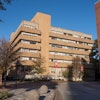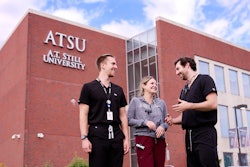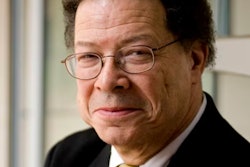SAN FRANCISCO—Twenty years ago, it was perceived that low rates of voting among Asian Americans resulted from immigrants who were more interested in homeland politics, making them so-called perpetual foreigners. Another common theory was that Asian Americans were too preoccupied with family life and shoring up their socioeconomic situations to bother to vote.
But those myths are being dispelled by researchers like Dr. Janelle Wong, an interdisciplinary political scientist and associate professor of American studies at the University of Maryland.
“There’s little empirical evidence for either theory,” said Wong, who’s also director of the Asian American studies program at Maryland. “Asian Americans vote at rates that are very similar to the general population, once they’re registered. Also, Asian Americans are not targeted and mobilized at the same level as other groups.”
Wong made her remarks last week at the fourth annual AAPI Policy Research Summit, which was convened by a consortium consisting of City University of New York’s Asian American/Asian Research Initiative, the University of Massachusetts Boston’s Institute for Asian American Studies, the University of California, Los Angeles’ Asian American Studies Center and the UC AAPI Policy Multicampus Research Program.
The consortium seeks to provide public agencies and organizations with data from and analyses of topics focused on Asian Americans and Pacific Islanders (AAPIs). During last week’s forum, scholars sat on multiple panels and discussed their work in the areas of civic engagement, community health, economic inequality and urban planning. Each panel explored a wide range of issues. The health panel, for instance, included AAPI access to insurance under the Affordable Care Act, cardiovascular health among AAPI subgroups and the occupational hazards faced by female AAPI employees at sexually-oriented massage parlors.
Another long-running political myth that Wong addressed was that of Asian Americans who don’t vote but donate large amounts of money to the people running for elected office.















